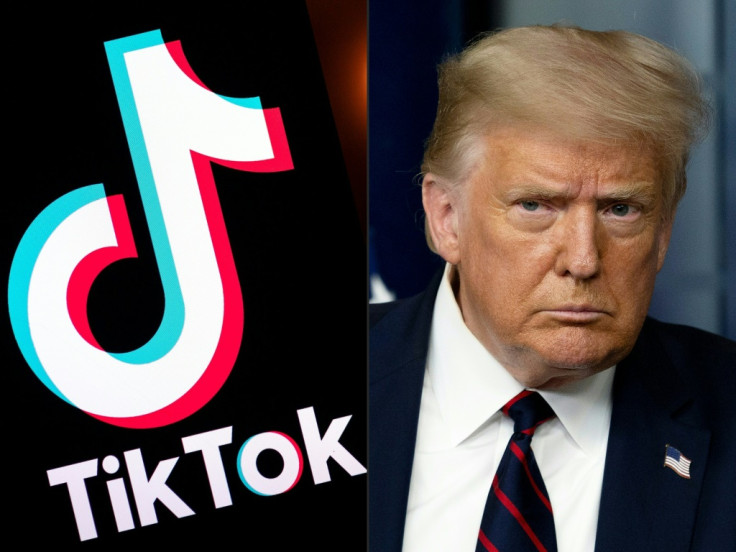TikTok deal aims to thread needle on US, China demands
According to US officials, the deal would establish a new entity called TikTok Global with Oracle managing data security through its cloud servers.
A fragile deal to put the popular video app TikTok in American control appeared in jeopardy Monday amid disagreement on the ownership structure and Chinese involvement.
The plan unveiled over the weekend would make Silicon Valley data giant Oracle the technology steward for the social platform and allow retail giant Walmart a stake as a commercial partner.
But the deal was being portrayed in different terms in the two countries. Here are key points:
According to US officials, the deal would establish a new entity called TikTok Global with Oracle managing data security through its cloud servers.

Walmart and Oracle would control 20 percent of TikTok Global ahead of a share offering, and Americans would hold four of five board seats.
US President Donald Trump said he would not approve a deal with any Chinese ownership or control.
Oracle said that as TikTok shares are distributed, "Americans will be the majority and ByteDance will have no ownership in TikTok Global."
But TikTok parent firm ByteDance -- a Chinse firm with US investors -- disputed what it called "false rumors" and said it would retain 80 percent of the new firm.
Trump, who has repeatedly charged that TikTok could threaten national security and be used for spying, said the data would be under American control.

Everything is going to be moved into a cloud done by Oracle... totally controlled by Oracle," he said.
In ByteDance's view, the plan does not allow "the transfer of any algorithms and technologies" while enabling Oracle to review the source code of TikTok USA.
James Lewis, head of technology policy for the Center for Strategic and International Studies, said the plan appears structured "where TikTok Global will license the algorithms as a service" without giving up the technology, under terms used frequently in cloud computing.
The deal has a potential to satisfy both Washington and Beijing because "ByteDance doesn't have to share the algorithm and doesn't have to give up its shares," Lewis said.
For the US side, "Oracle gets to review the ByteDance source code for problems and spyware," Lewis added.
But the Chinese state-controlled newspaper Global Times suggested Beijing should veto what it called "robbery" of Chinese technology.
"China will not accept this kind of bullying arrangement of the US," the newspaper said in an editorial.
"If China surrenders, which country in the world can resist?... Once Washington succeeds, the US will enjoy global technological hegemony forever."
Yun Zhu, a professor of finance at St. John's University, said he is skeptical of a deal with China as the two countries battle for technological supremacy.
"I don't think this is going to be resolved quickly," Zhu said.
"I see this as a beginning," he said, adding that this is one stage of a long conflict over "mining digital assets."
Copyright AFP. All rights reserved.
This article is copyrighted by International Business Times, the business news leader





















